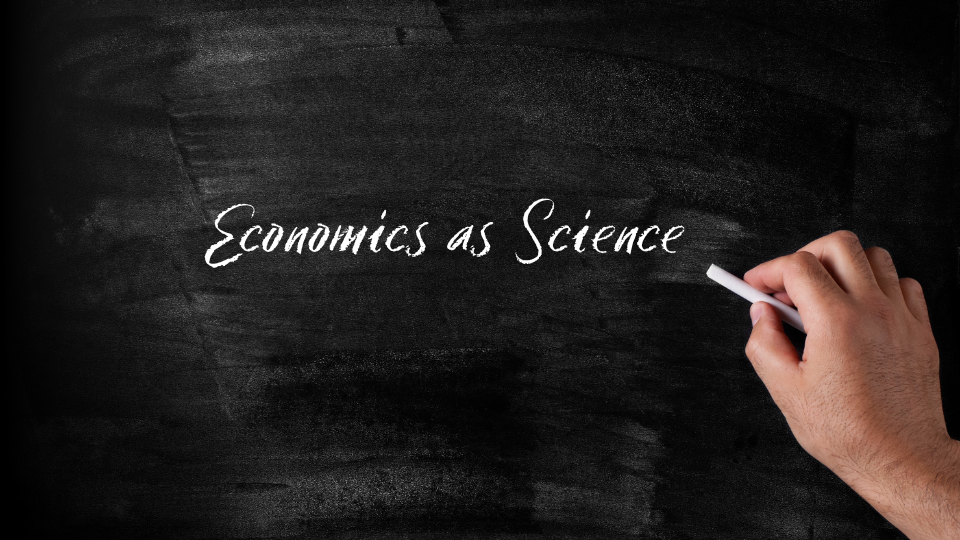Economics is considered as a science because of its systematic approach, use of empirical data, and ability to formulate theories and models to explain economic phenomena. The following are the main reasons why it is considered as a science:
- It involves systematic study:
Economics follows a structured and methodical approach to study how societies allocate scarce resources. This involves identifying economic problems, collecting data, formulating hypotheses, and testing them through models and empirical analysis.
- It uses Empirical Data:
Economists rely heavily on real-world data to analyse economic activities. Data collection methods in economics include surveys, experiments, and the use of historical records. This empirical data is crucial for validating economic theories and models.
- There are theoretical frameworks:
Economics develops theories and models to explain and predict economic behavior. These models are based on assumptions that can be tested against real-world observations. For example, the laws of supply and demand are fundamental economic theories that help explain market behavior.
- It has predictive power:
Like natural sciences, economics aims to predict future trends based on current and historical data. For instance, economic forecasts predict inflation rates, employment levels, and GDP growth, aiding policymakers and businesses in decision-making.
- It uses mathematics:
Economics employs mathematical tools and techniques to analyze data and develop models. This includes calculus, statistics, and algebra, which help in precise and logical analysis of economic problems.
- The analysis undertaken is objective:
Economics strives for objectivity in its analysis. Economists use statistical methods to ensure that their findings are not biased and that conclusions are drawn based on evidence
- The principles are consistent and universal:
Economic principles and theories are consistent and can be applied universally, though they may need adjustments based on specific contexts. For example, the concept of opportunity cost is a universal economic principle.
As Economics employs a systematic approach to studying economic phenomena, relies on empirical data, develops theories and models, and uses mathematical and statistical tools to analyze and predict economic behaviour, it is considered as science. This scientific methodology enables economists to provide objective and evidence-based insights into how economies function, contributing to effective decision-making and policy formulation.

